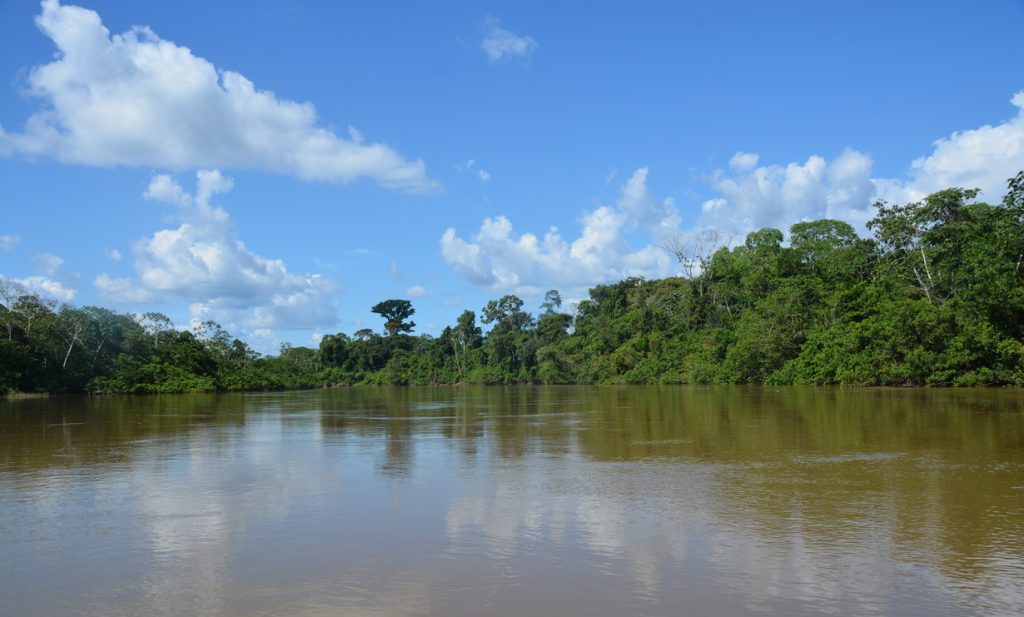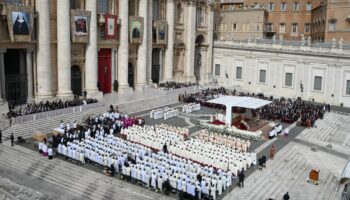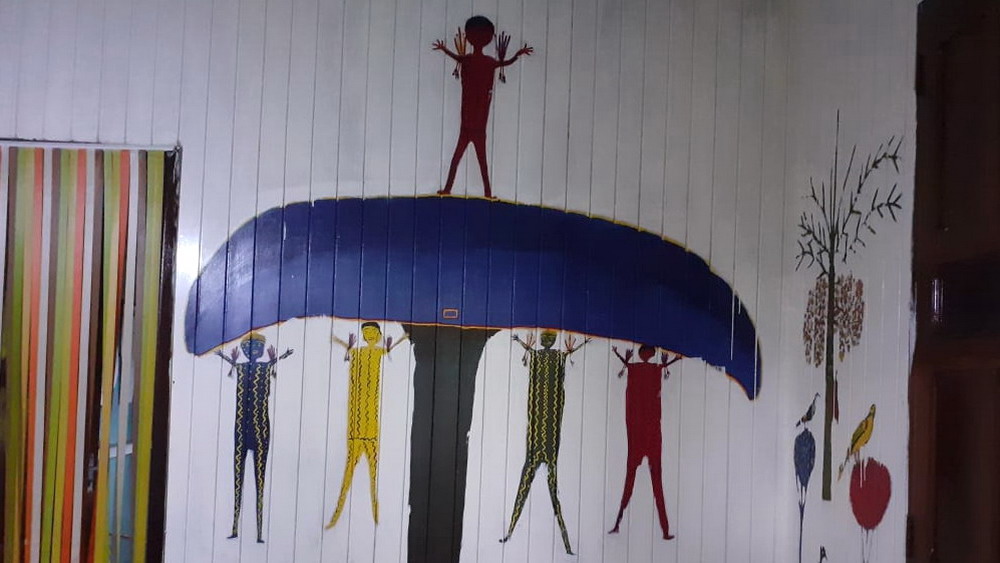
The miracle performed through the intercession of Blessed Joseph Allamano confirms the Charism bequeathed to his missionaries, whom he sent ad gentes.
By Corrado Dalmonego*
We gratefully received the news that the Founder of the Consolata missionaries, Blessed Joseph Allamano, will be canonized on 20th October 2024 in Rome, on World Mission Sunday. According to canonical procedures, Allamano’s declaration of sanctity required the recognition of a miracle performed by God through his intercession. This happened, in the Amazon rain-forest, with Sorino Yanomami, who was attacked and seriously injured by a jaguar on February 7, 1996, and completely recovered thanks to the intercession of Blessed Joseph Allamano.
The Founder once said, with a certain tone of reproach, that in the event his missionaries should act without charity, he would send lightnings from heaven to make his voice heard. Today we can console ourselves in knowing that the miracle that brings him to the altars is a clear confirmation of the mission ad gentes that he entrusted to his sons and daughters through the his charism, a gift of the Holy Spirit, which allows to be part of the mission entrusted to the Church and directed by the same Spirit. We may say that the Founder wanted to repeat one of his well-known exhortation: “this is how I want you!”
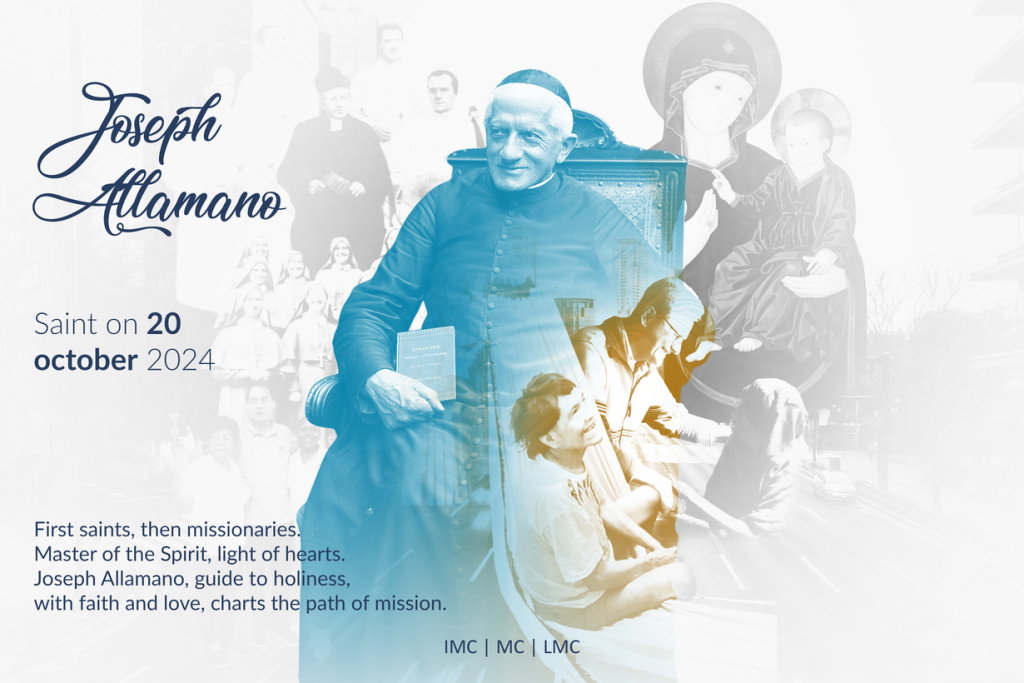
What could this miracle mean? I am convinced that this miracle confirms the relevance of Blessed Joseph Allamano’s teachings and the missionary journey the Church is following. The Constitutions of the Consolata Missionary Institute (nos. 4 and 5) clearly express the purpose that defines us within the Church: the evangelization of peoples and the mission ad gentes. Under the impulse of the Spirit, Allamano formed his first missionaries for a contextualized mission. With this miracle the Founder confirms that he accompanies the missionaries and the Church in a mission style that is: universal, bold and at the same time prudent, open to encounter and dialogue with cultures and peoples. In line with this, I would like to point out three elements for our reflection.
1. The enriching encounter
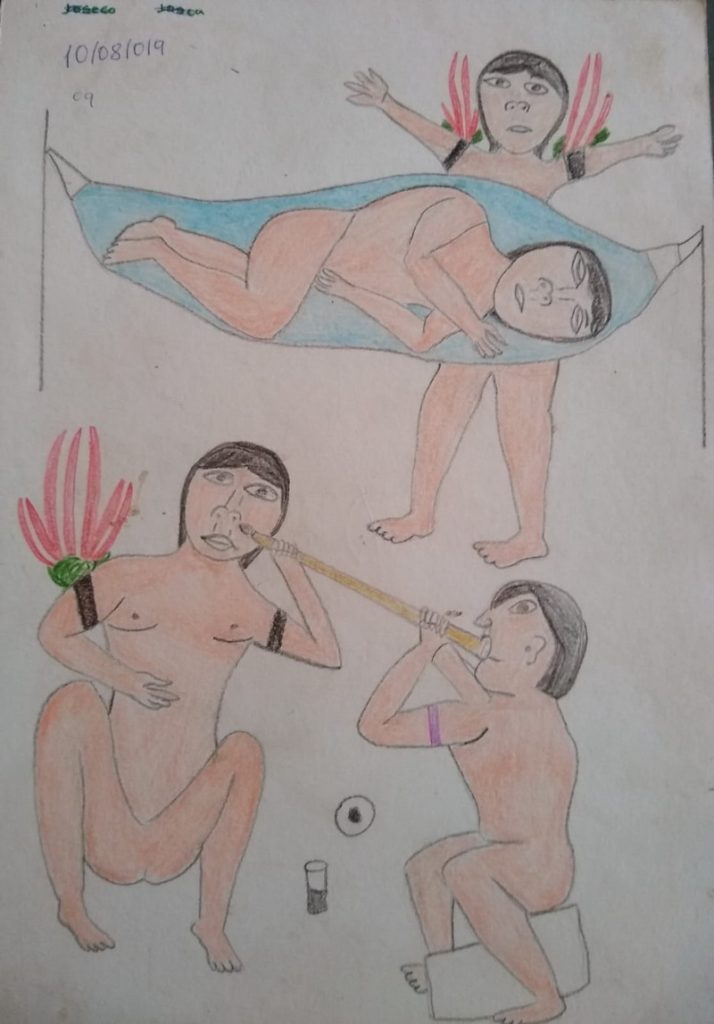
The Amazon Synod (2019) reflected on new paths of evangelization inspired by the “culture of encounter” (DF 60), establishing bridges with the worldviews of the Amazonian peoples. Pope Francis reiterated that “the Church needs to listen to its ancestral wisdom, […] recognize the values present in the lifestyle of the original communities, recover promptly the precious narratives of the people” (QA 70). This attention which aims to “establish bridges” with ancestral wisdom is motivated by the awareness that it is the Holy Spirit “who arouses a manifold and varied wealth of gifts and at the same time builds a unity which is never uniformity but multifaceted harmony which attracts” (EG 117), since “it would not do justice to the logic of the incarnation to think of a monocultural and monotonous Christianity” (EG 117).
The miracle that occurred in the Amazon rain-forest allows us to establish a dialogue between our Christian perspective and other peoples’ perspectives. The missionary sisters, praying the novena of the Founder, asked him to intercede with God for the healing of the native Sorino, a healing that would also allow to re-establish peace and calm anguish. For their part, the Yanomami shamans – while the patient was in the hospital and when he returned to his community – performed rituals facing the spiritual image of the jaguar that continued to attack their member, jeopardizing the restoration of his health. The dialogue between these different perspectives, far from being a simplistic relativism, a forced syncretism or a search for uniformity which, in most cases, implies the imposition of the point of view of the strongest, demands respect and appreciation for the different spiritual traditions. This openness allows us to appreciate the values and signs of grace that unfold in different cultural contexts and by which we allow ourselves to be evangelized.
2. Promote a fulfilled life
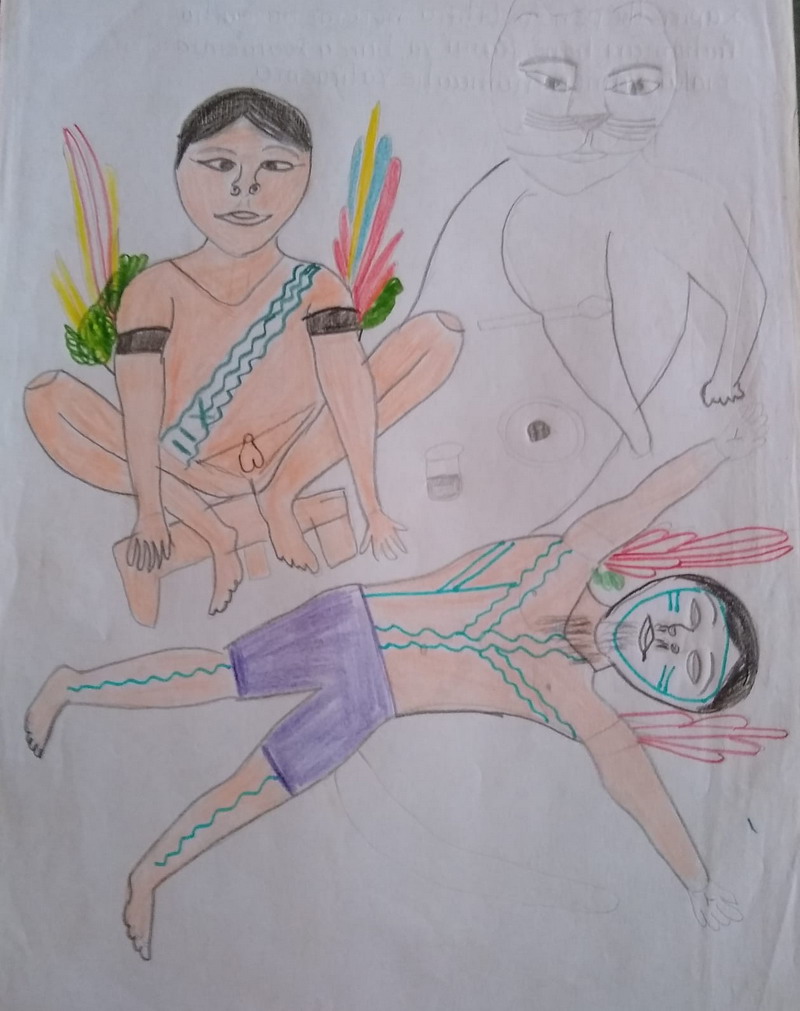
In the mind of the Founder and the first missionaries it was clear that the evangelization process could not be detached from the “environment formation”. A term that today can be replaced by the concept of “integral ecology”, that Pope Francis often refers to, and which he explains in detail in the Encyclical Laudato Sì’, as the only correct and possible way to establish relationships and take care of the Common Home and its inhabitants. After a few years of apostolic work in Kenya, the decree of praise (Decretum Laudis) granted by the Sacred Congregation of Religious (28/12/1909) – a first pontifical approval – highlighted how the missionaries of the Institute stood out for their commitment to the lives of the people (Letter V, p. 304f). That decree gave great joy and satisfaction to the Founder, who saw in it the approval of the missionary method studied and implemented together with his missionaries, who in addition to offering people the promises of another life, made them happier in this life.
The miracle performed through the intercession of Blessed Joseph Allamano, with the inexplicable healing of a patient who had been assisted by the Catrimani Mission clinic and subsequently transferred to Boa Vista where he underwent surgery, is, once again, the confirmation of the validity of a missionary presence among indigenous populations, inspired by the service of a diaconal Church that values the defense of life in all its dimensions.
3. No discrimination of peoples and persons
The mission of the Church, although developing in different ways in different contexts, is intended for all men because “God does not differentiate between people” (Rom 2:11) and Christ “has broken down the dividing wall of hostility” (Eph 2: 14 ) which is the enmity between the people.
The miracle of the healing of Mr. Sorino, an indigenous Yanomami who lives in his community in the Amazon rain-forest, gathering together with his relatives what the land offers, telling and listening to his ancestral stories, and celebrating rites and festivals that offer meaning to the proliferation of life, confirms to us how God looks with care at all men. Blessed Joseph Allamano, the Founder of a missionary family ad gentes, could not but help make this gaze of God his own and desires to instill it in his disciples: caring for the Yanomami people, so that they may live their life to the fullest.
This last element opens us up to an urgent and important consideration.
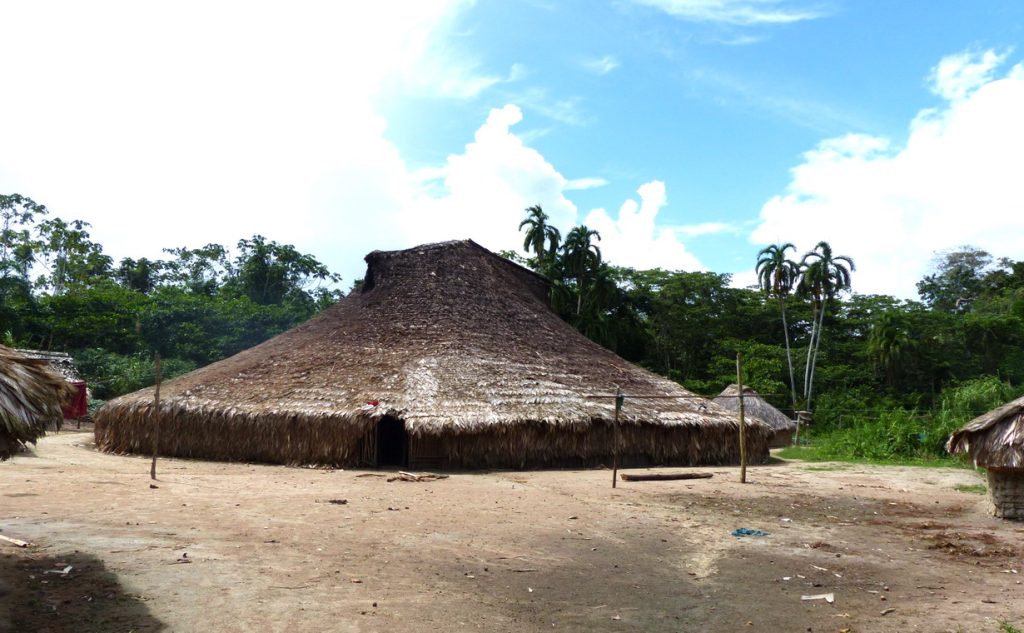
God, through the miracle performed through the intercession of Blessed Joseph Allamano, which arouses so much curiosity today, shows us the way of caring for, respecting and protecting life. Therefore, we cannot ignore that the Yanomami communities are still nowadays suffering atrocious violence, due to the invasion of their territory by illegal mining activities, trafficking of arms, drugs and people, controlled by criminal groups. This, combined with a healthcare challenge, is generating a catastrophic health and humanitarian crisis. The responses given by the authorities to establish the safeguarding of the territory and the protection of its population require time, while the proposed laws undermine the guarantee of rights of these people as well as of all the other indigenous peoples of Brazil.
Should we invoke Allamano to intercede for another miracle?
* Father Corrado Dalmonego, IMC, missionary in Roraima.
